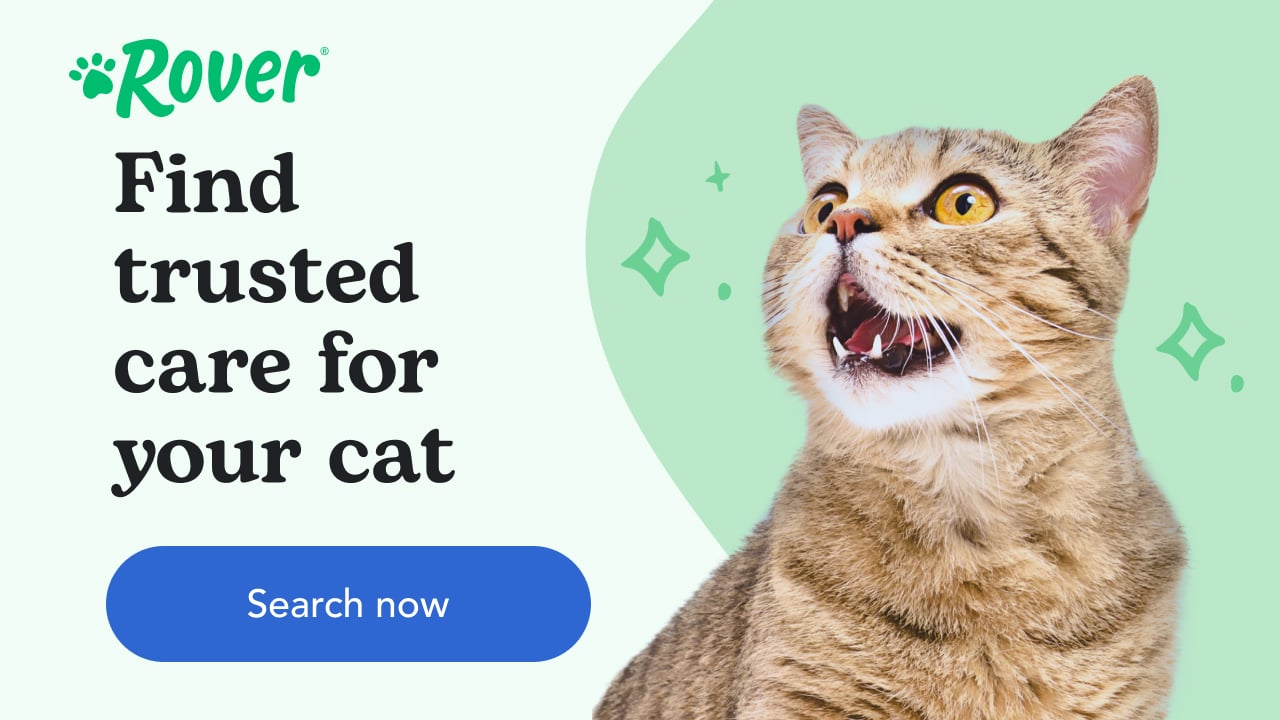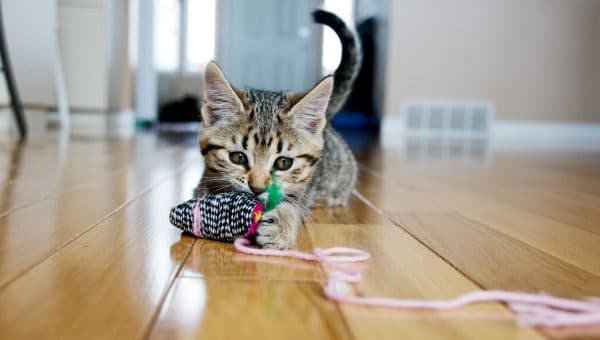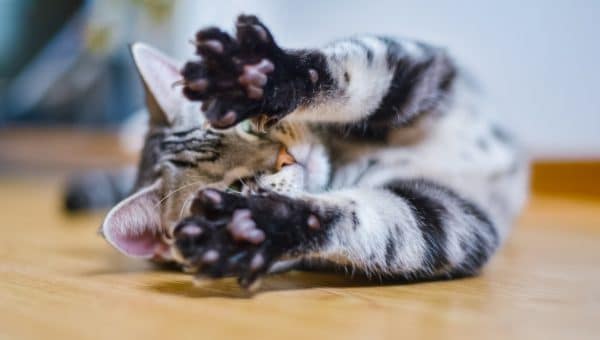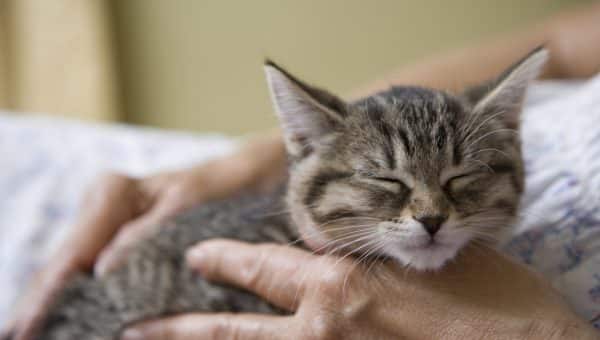Cats are known for their meticulous grooming habits and independent nature. As cat pet parents, monitoring various aspects of their wellbeing, including their bathroom habits, is important. Most cats poop one to two times a day, which varies by your cat’s breed and age.
Below, we’ll explore the factors that can affect how often cats poop, why irregular poops happen, and when to see a vet about your cat’s poop.
How Many Times A Day Should Cats Poop?
On average, an adult cat will defecate one to two times a day, says Meaghan Thomas, DVM from East Ridge Animal Hospital in the USA. However, she explains that it may be a normal variation if your cat defecates more or less than that.
How often cats poop depends on various factors, including the following:
- diet
- age
- activity level
- medications
- overall health
Cats often establish a preferred time of day for their bathroom routine, which can differ among individuals. As cats age, their poop frequency may change, and some cats may not poop daily without any underlying health concerns.
How Often Do Kittens Poop?
Kittens have a faster metabolism than adult cats, leading to more frequent bowel movements. On average, kittens poop multiple times a day. They typically start to poop independently when they are around three to four weeks old, and by the time they reach adulthood, their pooping frequency usually aligns with the once-a-day average.
“I suggest calling your vet if your kitten hasn’t pooped in 48 hours to decide if an exam is warranted,” Dr Thomas says. “If other clinical signs are present, I wouldn’t wait more than 12 to 24 hours.”
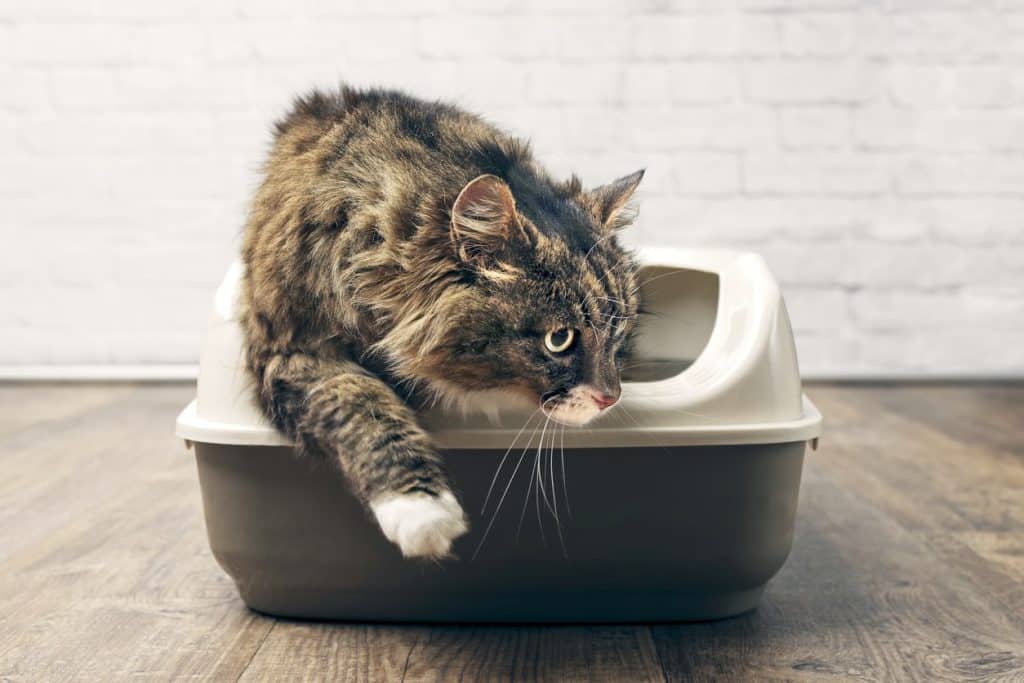
iStock/Lightspruch
How to Tell When Something’s Wrong With Your Cat’s Poop
Irregular poops can indicate potential health problems in cats. As a responsible pet parent, it’s essential to be aware of certain signs that may suggest issues with your cat’s bowel habits, including the following.
| Age | Poop frequency | Implication |
| Adult cat | Less than once a day | Constipation, normal variation |
| Adult cat | Once a day | Healthy digestion |
| Adult cat | More than once a day | Normal variation, inflammatory bowel disease, diarrhoea, parasitism, neoplasia, idiopathic |
| Kitten | Two to three times daily | Normal |
If you notice these signs, visit a vet to determine the underlying cause and provide appropriate treatment.
What Causes Cats To Poop Irregularly?
Many health problems can cause irregular poop frequency or consistency in cats. While not all these conditions are severe, they often require veterinary attention. If your cat isn’t pooping often, they might be constipated.
Some potential causes of constipation in cats include the following:
- excessive hair from over-grooming
- kidney problems
- feline megacolon
- colonic blockages
- low-fibre diet
- tumours or narrowing of the colon
- spinal problems
- pain
Meanwhile, cat diarrhoea can be caused by these factors:
- diet changes
- food allergies or intolerances
- inflammatory bowel disease
- colitis
- intestinal parasites
- pancreatic disease
- cancer
- hyperthyroidism
Understanding these potential causes can help cat pet parents recognise when their feline friends require medical intervention.
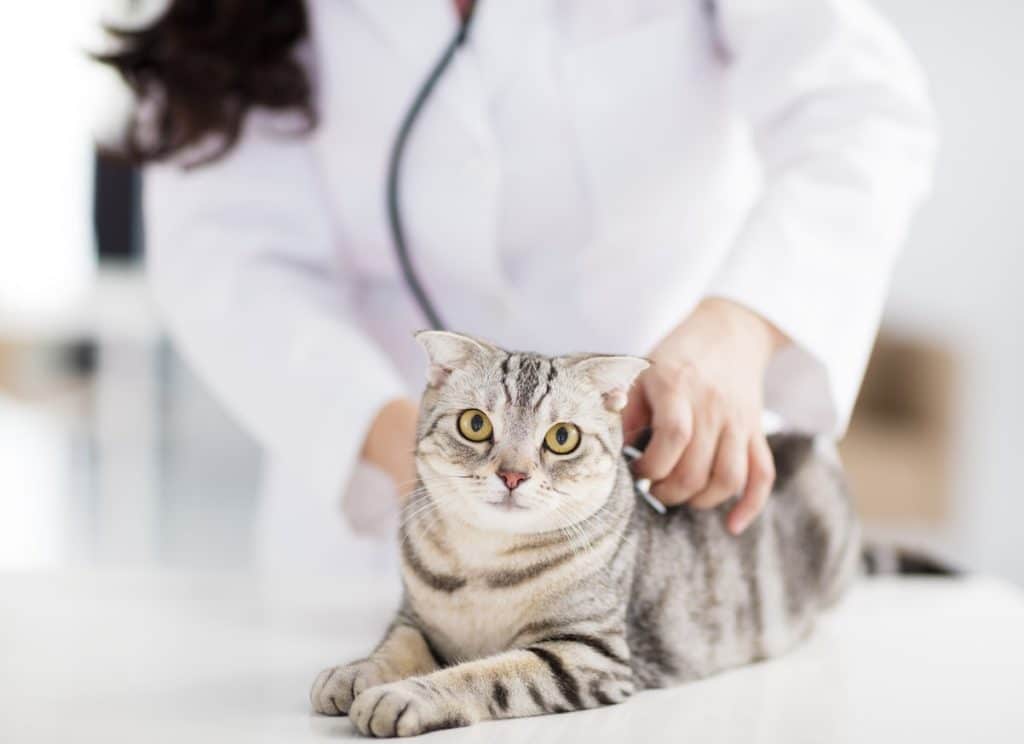
iStock/Tomwang112
When to See a Vet About Your Cat’s Poop
As a general guideline, if your cat has not pooped for more than 48 hours or is consistently experiencing abnormal bowel movements, it’s vital to seek professional advice.
During the vet visit, your cat will be thoroughly examined, and the veterinarian may recommend diagnostic tests such as blood work, faecal analysis, or imaging to identify the underlying cause of the irregular poop schedule. Treatment options will depend on the specific diagnosis, but Dr Thomas says they may include the following:
- dietary adjustments
- medication
- fluid therapy
- probiotics
Specific dietary changes can help regulate your cat’s poop schedule and lessen poop-related vet visits. Additionally, increasing your cat’s fibre intake through specialised cat food or incorporating moisture-rich foods can promote regular pooping. Lastly, giving them access to fresh water at all times with a water fountain is crucial for maintaining hydration and healthy digestion.

